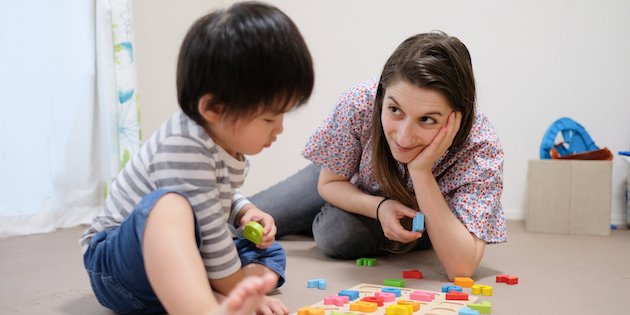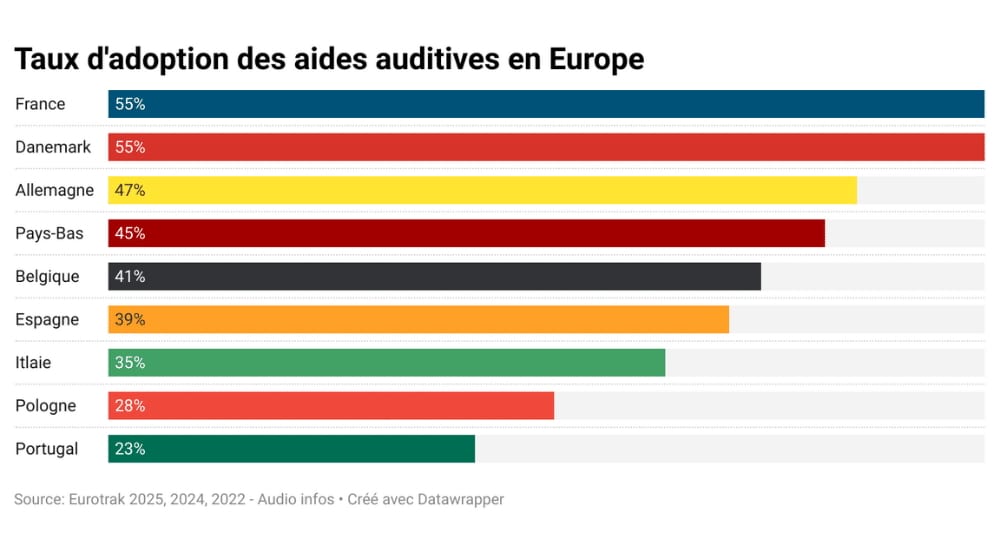Rich vocab heard from proficient speakers means better language skills for children
language
The quality of speech and the patterns of language developed by children learning English is affected by the depth and proficiency of the vocabulary and grammar they hear in acquiring it, a new US study shows.

The researchers claim that previous research has never before focused on the effects of grammar and vocabulary on the acquisition of English by bilingual children. Many immigrant children learn English from non-native speakers with varied proficiency levels. This new research by the Florida Atlantic University (FAU), with help from researchers at the George Washington University, suggests that the English proficiency developed by children—their ability to use words and construct sentences—is highest when they have been exposed to highly proficient native speakers.
One group of mothers with such high proficiency were compared to a group of non-native mothers who claimed high English proficiency, and both these groups to another of non-native mothers admitting limited proficiency. All the mothers talked to their children in English on a regular basis. Researchers videotaped them playing together and transcribed what mothers said to their two-and-a-half year-old children using a special software program. Manual transcription was employed to count the number of different words and utterances, and to measure the length of sentences.
The results showed that native speakers consistently showed the highest level of the supportive properties of input in their child-directed speech. Next came the non-native speakers with good proficiency, and last the non-native speakers with limited proficiency.
Erika Hoff, lead author of this research, and a professor of psychology at FAU's Charles E. Schmidt College of Science, stressed that "children can't learn what they don't hear. So if their parents or other adults speak to them with a very simple, limited vocabulary that is all that they can learn."
“Even if you are highly educated from another country and you are not proficient in English, when you speak to your child in English it will show. There really is something about being proficient in English that helps you talk to your child in a way that benefits his or her language,” said Hoff. “Parents who are more proficient in English use a richer vocabulary and produce longer sentences, even when they are talking to a toddler. Clearly, all of the mothers know as much as their two-year-olds, but the difference between what you know when you can barely speak a language and what you know when you’re highly proficient in a language translates into a difference that matters in children, and that’s really the key point of this study.”
The differences observed among native speakers of English in their talk to adults and children led the authors to suggest providing more educational opportunities for native speakers as a route to closing other language gaps, such as those associated with socioeconomic status.
The co-authors of the study are Katherine F. Shanks from FAU’s Department of Psychology, and Cynthia Core, associate professor in the Department of Speech, Language, and Hearing Sciences at The George Washington University.
Source: FAU


